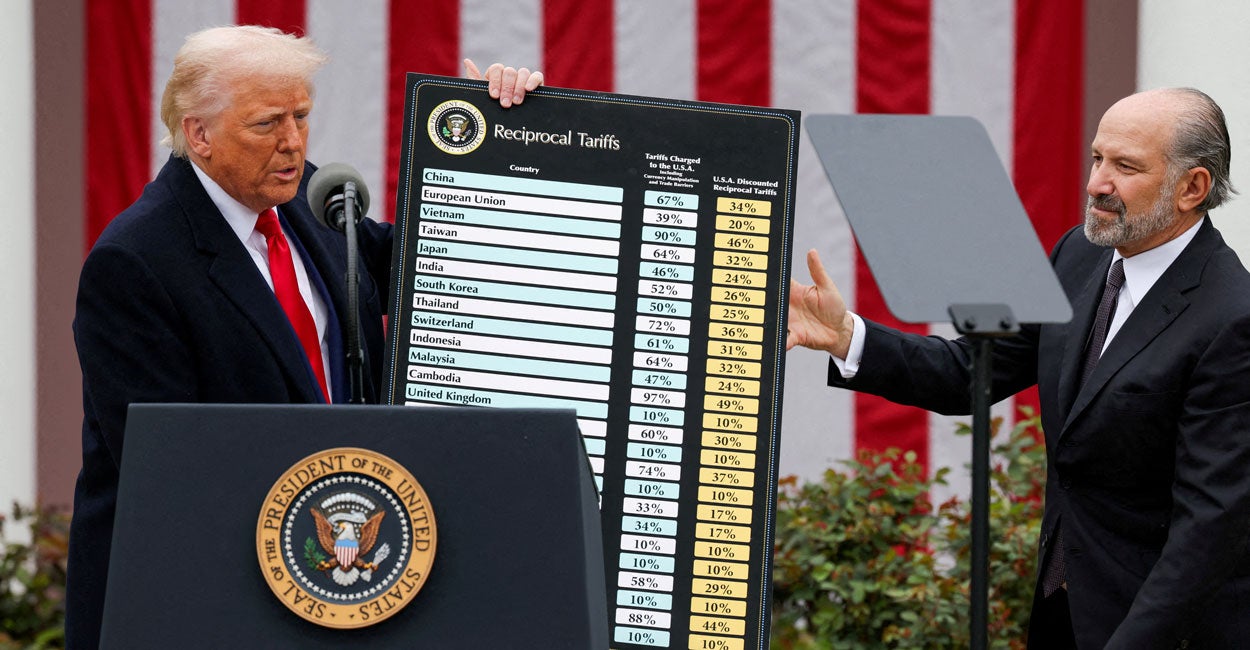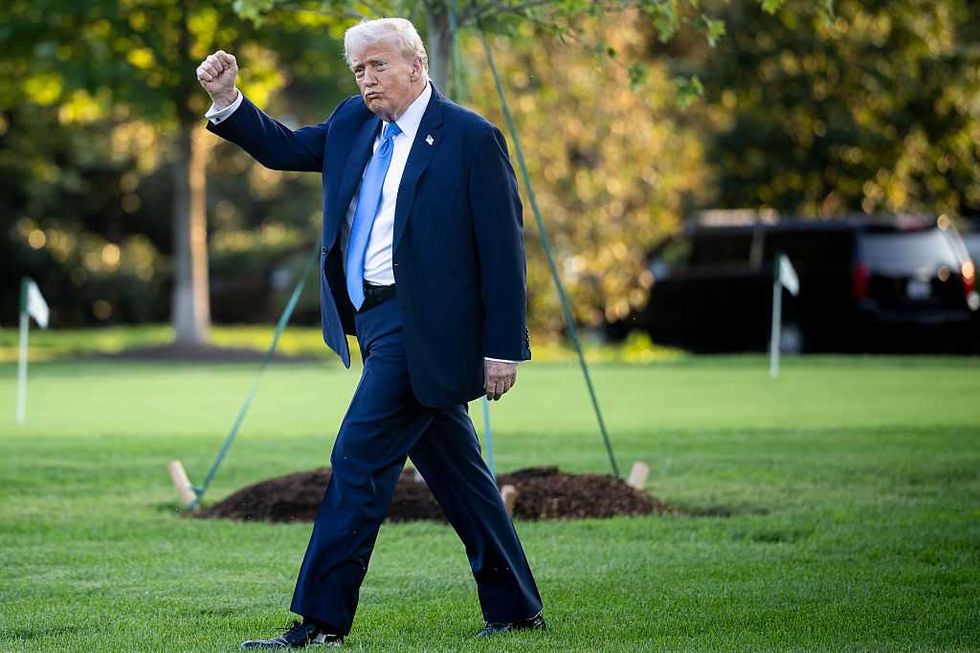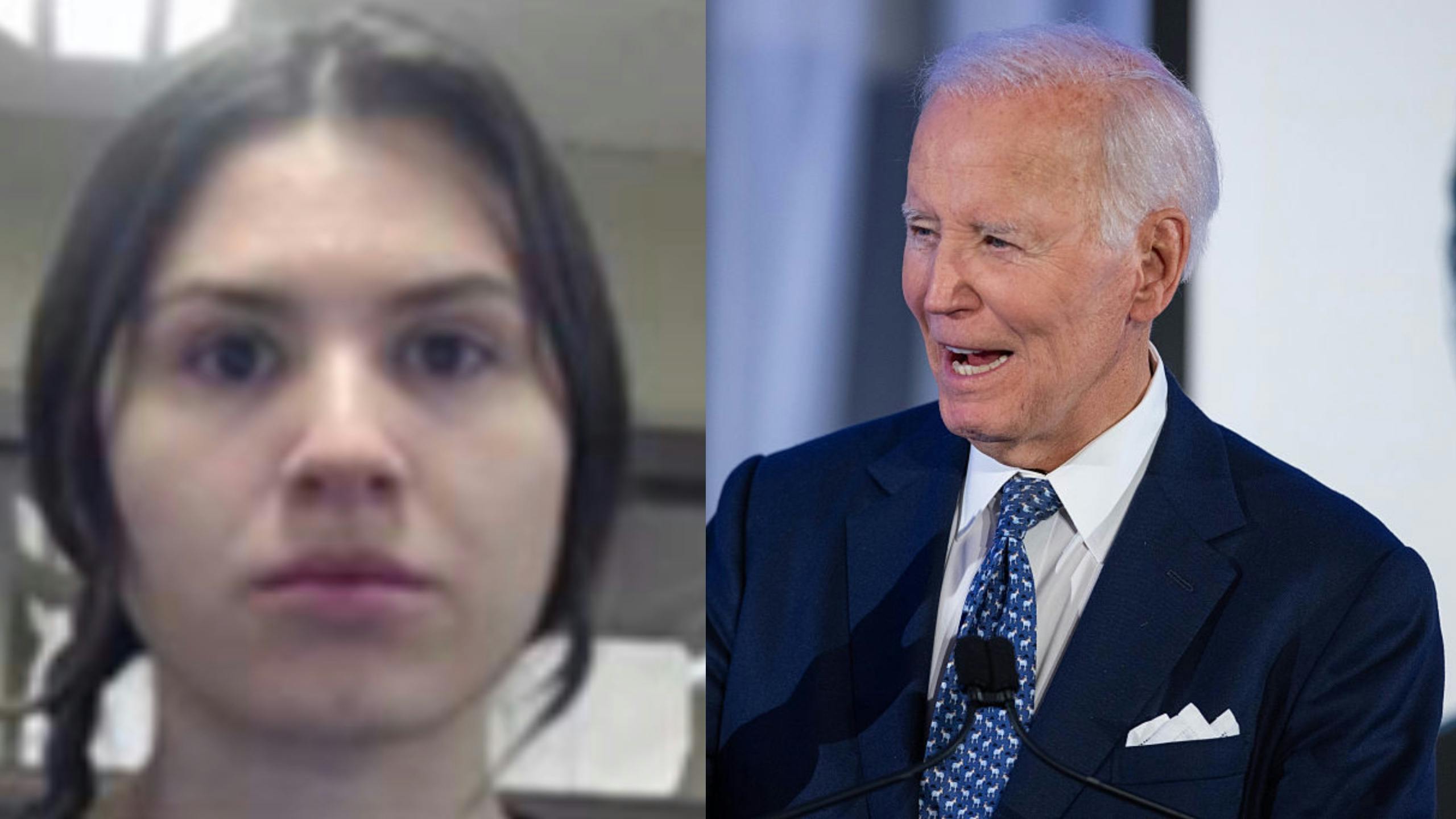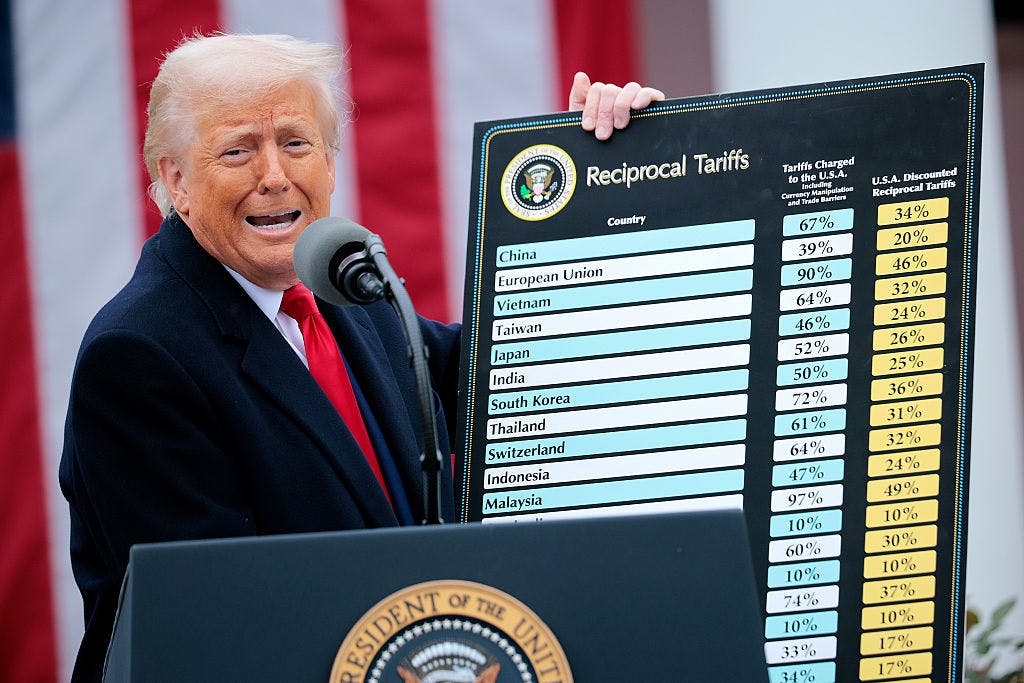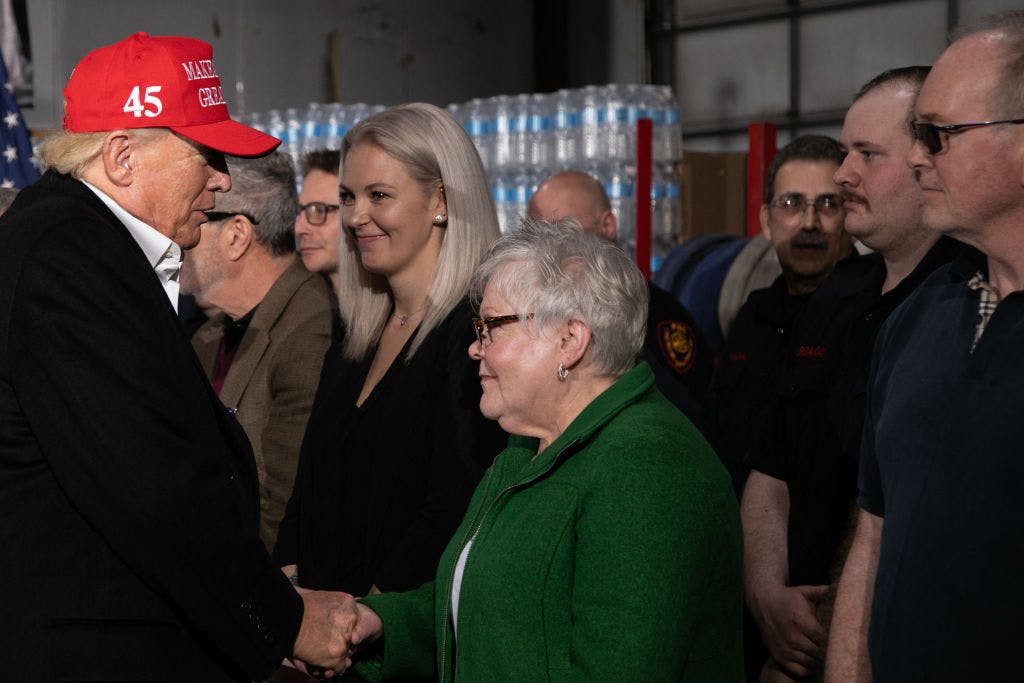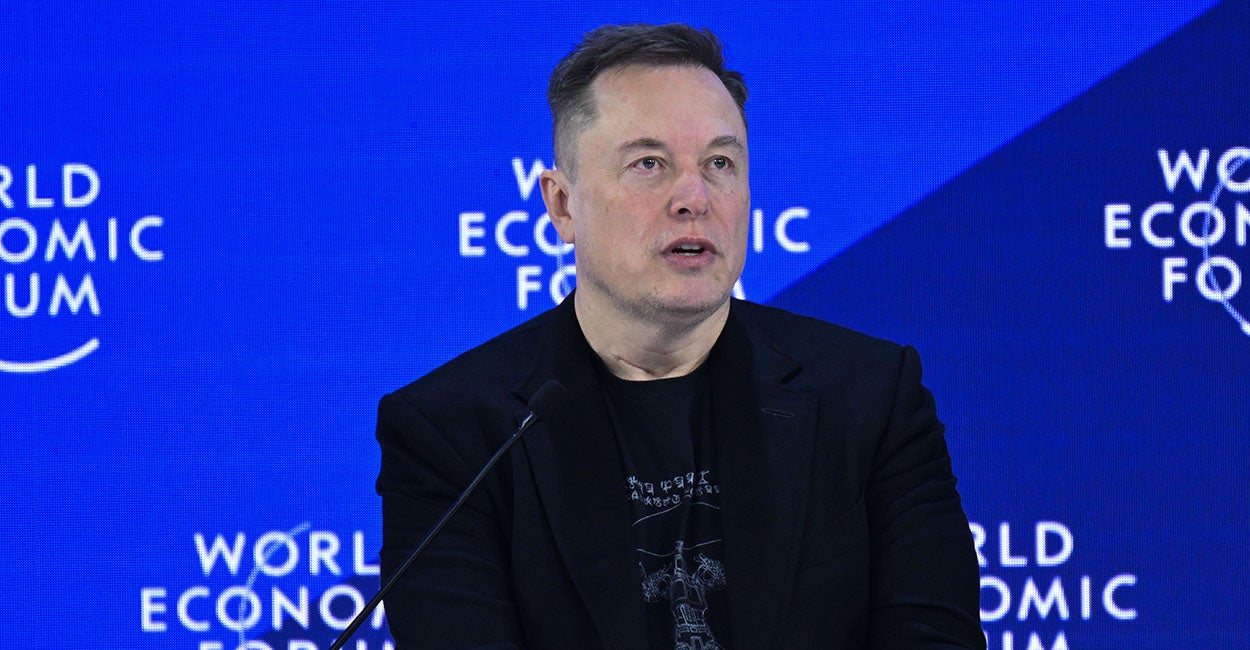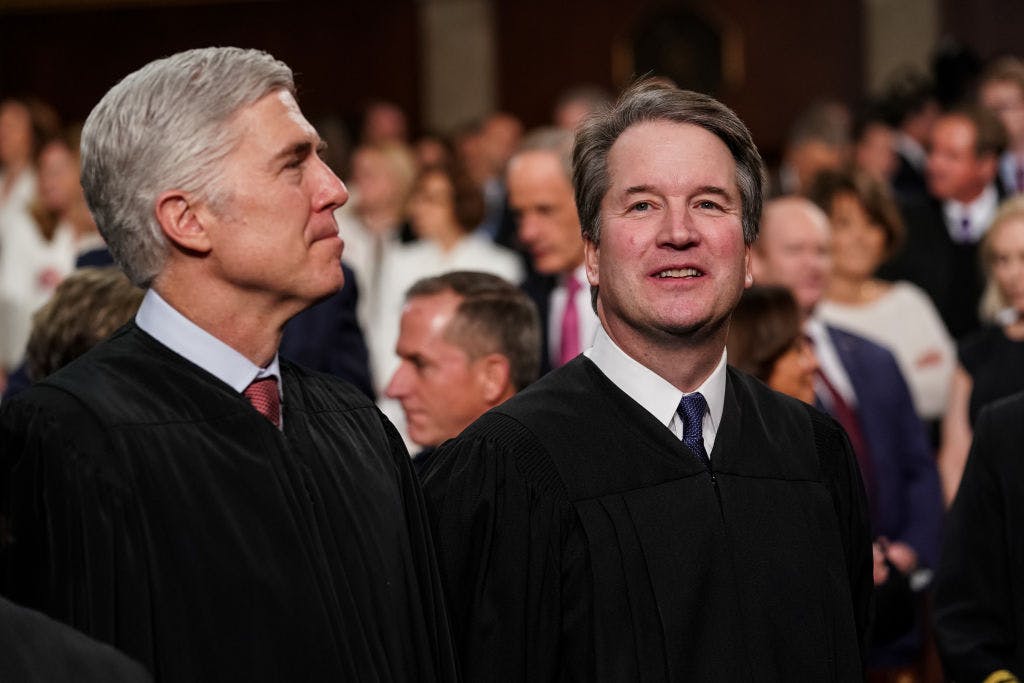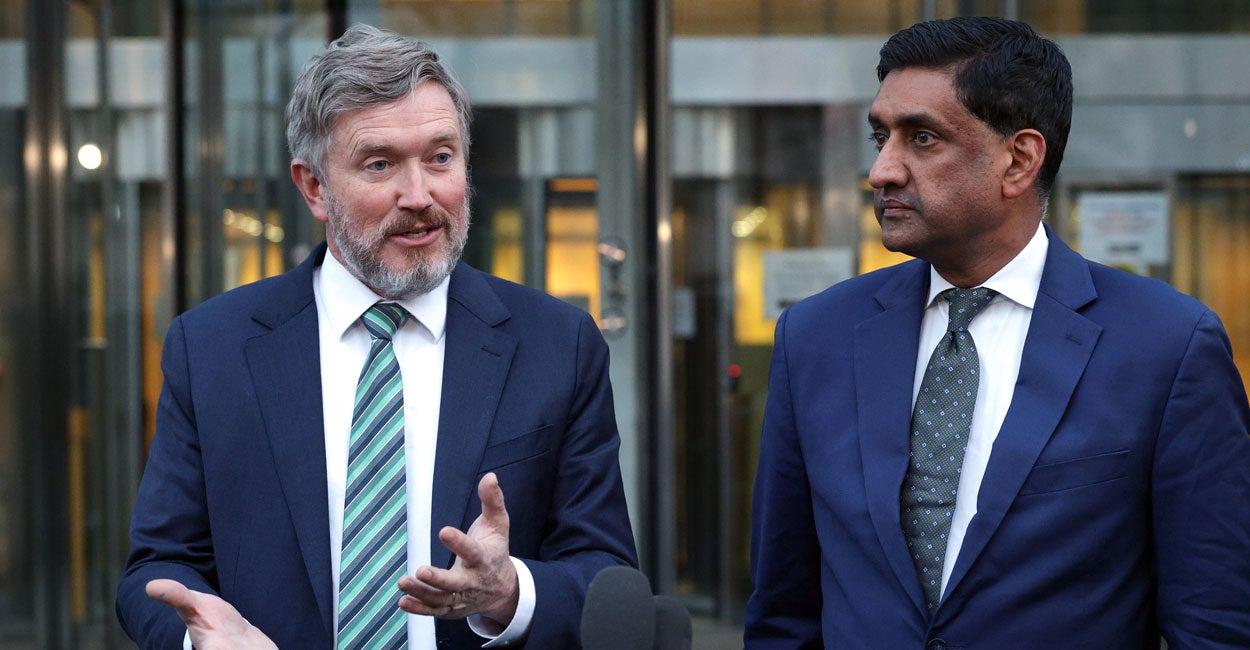Armenia-Azerbaijan Agreement—A Victory of the America First Vision
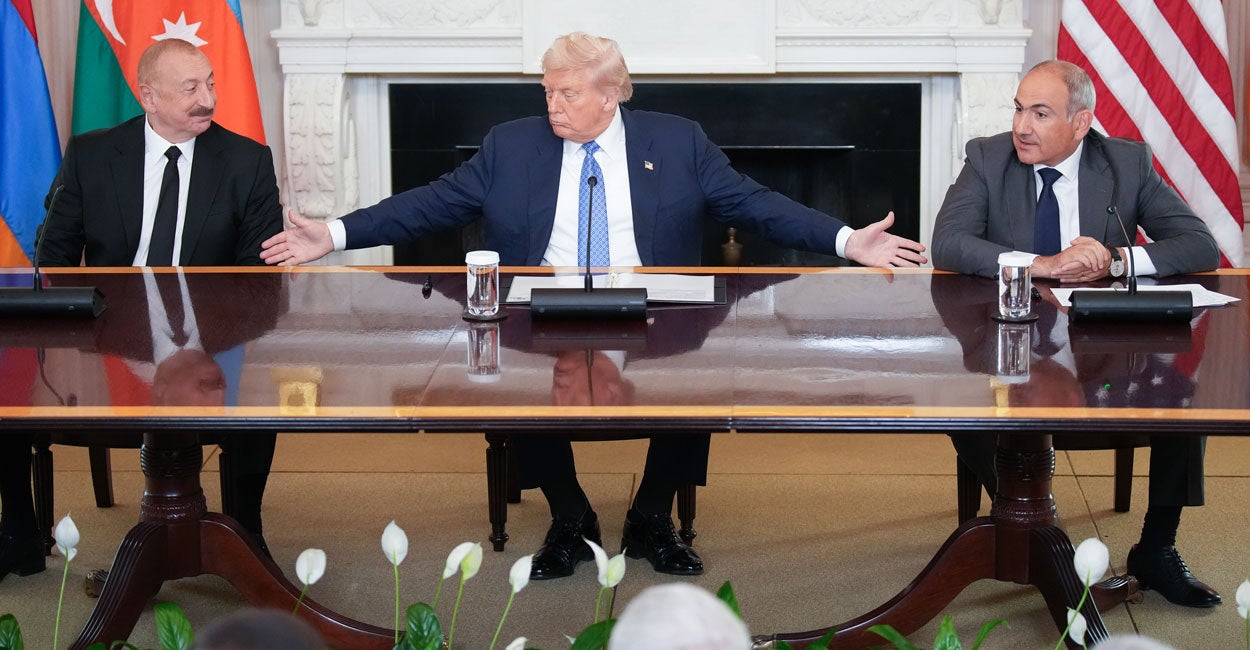
As a foreigner and political activist, I am often criticized for supporting Donald Trump, with many questioning both my motivations and what potential benefits my country could possibly gain from such support. I believe this month’s White House meeting between Armenian Prime Minister Nikol Pashinyan and Azerbaijani President Ilham Aliyev is a powerful example of what the free world can gain from an America First approach and the American president’s leadership. The two leaders signed an historic peace deal, ending more than three decades of war and tension across their borders.
Live Your Best Retirement
Fun • Funds • Fitness • Freedom
Since the eruption of conflict in Karabakh in the late 1980s, the two nations had severed all forms of relations. This prolonged hostility turned the Caucasus region into a victim of the conflict, leading to economic stagnation and, most importantly, a failure to harness its strategic potential.
What happened in the White House?
For decades after the end of the Cold War, the conflict between Armenia and Azerbaijan has cast a long shadow over the Caucasus, turning the region into one marked by tragedy and grief. As a Georgian who has witnessed both countries firsthand, I can say that Armenia and Azerbaijan have remained trapped by this prolonged conflict—while the only real beneficiaries have been Iran and Russia.
Both Russia and Iran have long sought to treat the South Caucasus as their strategic backyard, working to isolate this small but geopolitically vital region from global affairs—especially in terms of trade and energy routes. On one hand, Russia views the South Caucasus as a competitor to its Trans-Siberian trade route. On the other hand, it aims to block any foreign involvement that might undermine its control over the movement of goods through the Georgia-Armenia-Iran corridor. The Zangezur Corridor presents a direct alternative to this dynamic.
According to Paul Goble of Jamestown Foundation, “Despite its earlier promises, Moscow did little to nothing to promote the reopening of the Zangezur route, content to continue to press for the development of north—south trade while allowing Armenian—Azerbaijani tensions to fester, giving Russia the opportunity to play its traditional divide-and-rule tactics.”
What did the region and specifically signatory parties get out from it?
Of course, the main victor is Azerbaijan, whose leader has likely achieved his ultimate geopolitical goal: securing a direct connection to Nakhchivan, its exclave located between Armenia, Iran and Turkey.
Armenia, in turn, stands to become one of the region’s major transport hubs—a transformation that will be backed by American diplomatic influence, effectively replacing the diminished role of the Russian military, which proved unable to support Armenia in its most recent war with Azerbaijan. As the Agreement states, “these efforts are to include unimpeded connectivity between the main part of the Republic of Azerbaijan and its Nakhchivan Autonomous Republic through the territory of the Republic of Armenia with reciprocal benefits for international and intrastate connectivity for the Republic of Armenia.”
This agreement is a clear example of Trump’s America First foreign policy, as it is not only helping others, but creates a win-win situation for all parties.
According to Ayjaz Wani of Observer Research Foundation, “The 43 km [26.7 mile] corridor in Armenia is expected to become a vital cross-Eurasia geostrategic and geoeconomic asset for the U.S., especially vis-à-vis Tehran, Moscow, and even Beijing. If developed, the corridor could fill the power vacuum in the historically Russian-dominated region and reshape regional geopolitics. It will also enhance Europe’s energy security and double the energy imports from Central Asia and Azerbaijan.”
This agreement also debunks a myth that has always seemed absurd to me: the idea that Trump and Russian President Vladimir Putin are somehow aligned. In fact, American engagement in the Caucasus in this manner represents a clear humiliation for Putin, who has consistently tried to blackmail regional players and assert total control over them.
The response from the Russian Foreign Ministry’s spokesperson, Maria Zakharova, was a clear example of this.“The best option for solving the problems of the South Caucasus is to find and further implement solutions developed by the countries of the region themselves with the support of their immediate neighbors—Russia, Iran, Turkey,” she stated, “The involvement of extra-regional players should work to strengthen the peace agenda and not create additional difficulties and dividing lines. It would be desirable to avoid the sad experience of Western assistance in resolving conflicts in the Middle East.”
In my opinion, such robust and even game-changing foreign policy moves are a logical outcome of addressing internal challenges and responding to the priorities of the American public.
If America is not strong internally—facing economic challenges, poverty, deindustrialization, and high levels of uncontrolled immigration—it will never be in a position to support the free peoples of the world. Solving the problems that Americans face at home is not only necessary but serves as the foundation for any credible and sustained support for allies abroad.
Most importantly, what should reassure America’s foreign allies more than before is Trump’s strong support for the U.S. military. He consistently emphasizes the strength of the armed forces and the world-class equipment they possess—something that was rarely highlighted by the previous two presidents.
As Kristen Ziccarelli and Joshua Treviño of the America First Policy Institute wisely pointed out, “What skeptics, both foreign and domestic, entirely miss is that the fundamentals of America First are good governance and the proper ordering of the nation and society. A nation is supposed to put its citizens first, secure liberties, and privilege its own over the alien. President Trump rewards foreign regimes that conform to these principles, Vice President [JD] Vance memorably reprimands the sclerotic regimes of Europe that do not.”
This means that America First is a perfectly reasonable approach to successfully managing both domestic and foreign policy, as strong diplomacy is ultimately a reflection of the well-being of a nation’s own people. For someone like me, who supports a free and prosperous Caucasus, the Trump Route for International Peace and Prosperity offers a promising path forward for a free and prosperous Georgia as well.
We publish a variety of perspectives. Nothing written here is to be construed as representing the views of The Daily Signal.
The post Armenia-Azerbaijan Agreement—A Victory of the America First Vision appeared first on The Daily Signal.
Originally Published at Daily Wire, Daily Signal, or The Blaze
What's Your Reaction?
 Like
0
Like
0
 Dislike
0
Dislike
0
 Love
0
Love
0
 Funny
0
Funny
0
 Angry
0
Angry
0
 Sad
0
Sad
0
 Wow
0
Wow
0


